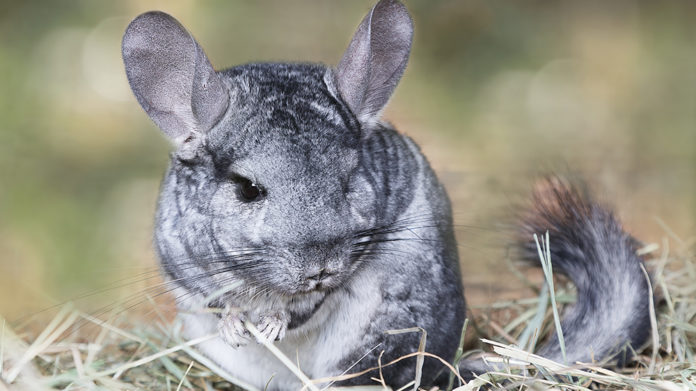
GOLD Fields has been ordered to stop work at a section of its $1.2bn Salares Norte mine in Chile until it confirmed the area was not inhabited by chinchillas, a rodent known to live in the region.
The Johannesburg-headquartered gold miner said in an announcement Chile’s Superintendence of Environment had issued an “urgent and transitionary measure” (MUT) halting the dismantling of Rocky Area No. 3 which is located at the ‘North’ waste dump of the mine.
The order did not affect Gold Fields’ mining activities at Salares Norte, the group said today. As a result there was no change to this year’s adjusted production guidance of between 220,000 and 240,000 ounces of gold.
Gold Fields has had its problems recently at Salares Norte beginning with an overrun on capital expenditure in 2022 followed by production ramp-up interruptions which forced it to lower guidance.
The protection of chincillas is hardly a new concern for Gold Fields as it had already “monitoried extensively for the presence of chincillas” in Rocky Area No. 3.
“After the two mandatory monitoring campaigns and two additional monitoring campaigns (three months of extensive monitoring), there were only partial records of chinchillas passing through the area, which gives verifiable evidence of the non-existence of active chinchilla in Rocky Area No. 3,” the firm said.
In terms of the MUT, Gold Fields is required to “submit complementary information” consisting of an endoscopic probe search and night camera recordings to further ensure the absence of chinhillas in the area.
“Operations at Salares Norte are continuing unaffected and the team is working in collaboration with the SMA and independent environmental experts in carrying out the capture and relocation plans for the chinchillas,” said Gold Fields.
Gold Fields changed production guidance for Salares Norte in May following a difficult first quarter in which mines in Australia were badly affected by rain, while there were additional production issues at South Deep in South Africa.
Salares Norte’s production guidance was previously expected to produce 250,000 oz at an all in cost of between $1,790 and $1,850/oz. The latest AIC guidance for Salares Norte is $1,800 to $2,000/oz.










